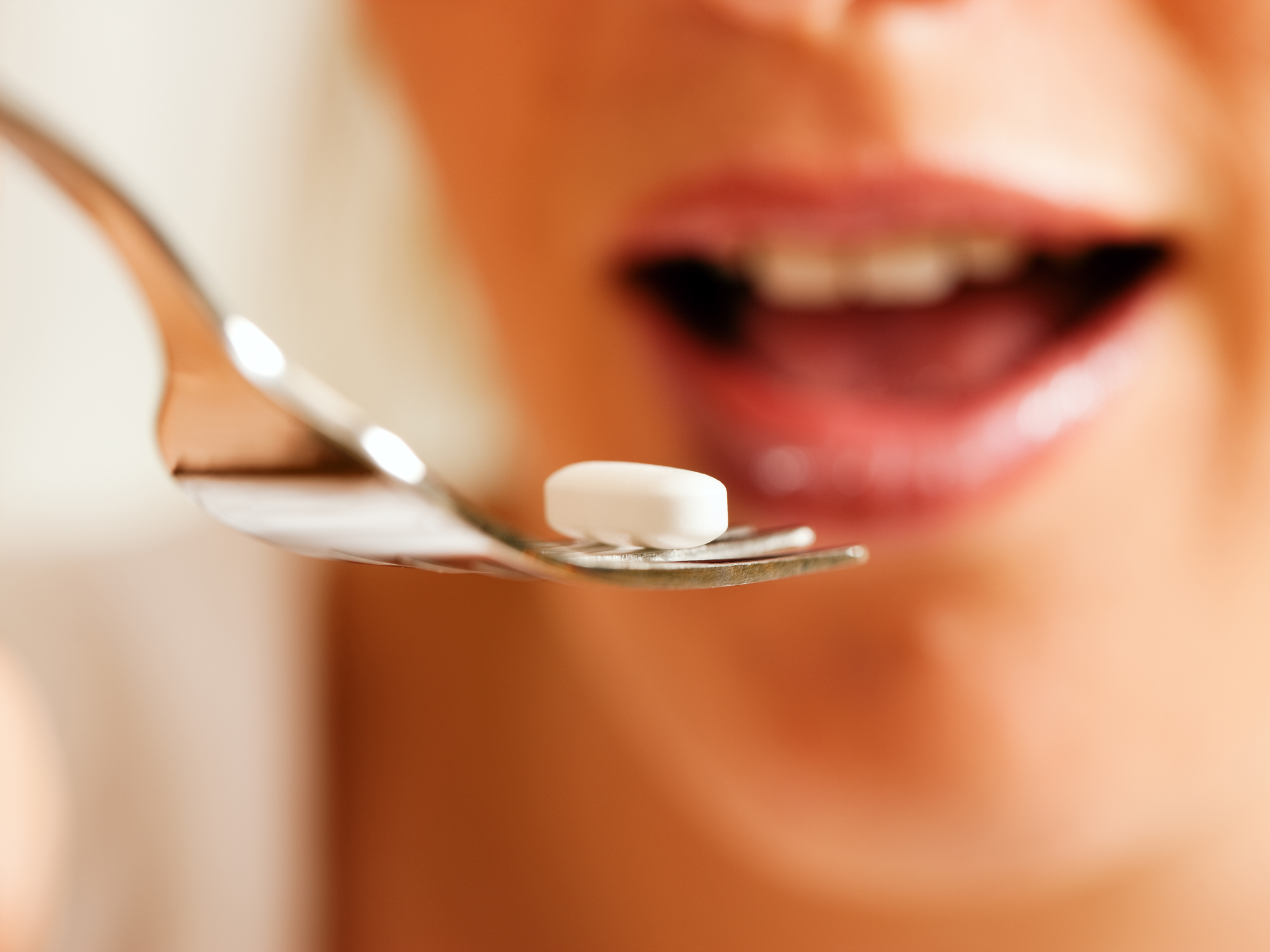Get Easy Health Digest™ in your inbox and don’t miss a thing when you subscribe today. Plus, get the free bonus report, Mother Nature’s Tips, Tricks and Remedies for Cholesterol, Blood Pressure & Blood Sugar as my way of saying welcome to the community!
The ideal dose of antioxidants to ward off diabetes

The latest research shows that cutting calories — whether through a low-calorie diet or intermittent fasting — effectively prevents and even reverses type 2 diabetes.
In fact, one recent study found that following a low-calorie diet makes it possible to say goodbye to type 2 diabetes in just eight weeks.
But you don’t have to cut back on all food. There’s one type of food you want to get more of…
Food that’s high in antioxidants.
Previous studies show that certain antioxidants (like vitamin C, vitamin E, lycopene and flavonoids) reduce your risk for diabetes. And now, new research lets you know just how much antioxidants you need daily to slash your diabetes risk….
The ideal daily dose of antioxidants
Researchers at Inserm, the French National Institute of Health and Medical Research, determined precisely how much antioxidant power you need in an anti-diabetes diet…
Their study looked at health and diet records of 64,223 middle-aged women between 1993 and 2008. They found that women eating the most antioxidants had a 27 percent lower risk of developing diabetes than women eating the least.
According to researchers, the more antioxidants women ate, the more their diabetes risk dropped until they reached 15 millimoles per liter (mmol) of antioxidants per day. At that point, diabetes risk plateaued.
What does this mean for you?
Well, that 15 mmol daily dose of antioxidants should be your daily target. According to the study, the best sources are fruits, vegetables, tea and red wine (in moderation, of course). More specifically, they recommend turning to antioxidant powerhouses like dark chocolate, green tea, walnuts, prunes, blueberries, strawberries and hazelnuts.
You could also drink coffee for a potent dose of antioxidants. Researchers didn’t count the antioxidants consumed through coffee in the study because previous research already shows that these antioxidants can lower diabetes risk. They wanted to prove that antioxidants from other sources reduced diabetes risk, too. And they did!
How exactly do antioxidants work against diabetes? They improve diabetic status by regulating glucose metabolism, decreasing insulin resistance, improving vascular functions and controlling the levels of HbA1c and oxidative stress markers.
Understanding your antioxidant intake
You may be wondering…
How the heck do you figure out if you’re getting a 15 mmol daily dose of antioxidants?
Luckily, I have a handy little resource that can help you…
A 2010 study published in Nutrition Journal provided the antioxidant content of 3,100 foods, beverages, spices, herbs and supplements. It tells you how many mmol of antioxidants you’re getting per 100 grams of any particular food. Here’s the study. (FYI… you have to scroll past several paragraphs of study information to get to the five tables that break down antioxidant content).
So using this information, I calculated several hypothetical ways you could get 15 mmol of antioxidants per day:
- Drink about 3 cups of pomegranate juice
- Drink about 2.5 cups of coffee
- Drink about 4 cups of green tea
- Eat about 8 ounces of sunflower seeds
- Eat about 25 ounces of strawberries
- Eat about 22 ounces of prunes
- Eat about 6 ounces of pecans
Of course, the best approach is to mix and match your sources of antioxidants, so try eating smaller doses of several of these foods to reach your ideal antioxidant intake rather than a lot of one. Berries are an excellent and tasty source.
Editor’s note: Are you feeling unusually tired? You may think this is normal aging, but the problem could be your master hormone. When it’s not working, your risk of age-related diseases skyrockets. To reset what many call “the trigger for all disease” and live better, longer, click here to discover The Insulin Factor: How to Repair Your Body’s Master Controller and Conquer Chronic Disease!
Sources:
- Study shows that the consumption of antioxidant-rich foods is associated with a lower risk of type 2 diabetes — MedicalXpress. Retrieved December 5, 2017.
- Romana Mancini, et al. “Dietary antioxidant capacity and risk of type 2 diabetes in the large prospective E3N-EPIC cohort.” — Diabetologia, 2017. DOI: 10.1007/s00125-017-4489-7.
- H. Carlsen, et al. “The total antioxidant content of more than 3100 foods, beverages, spices, herbs and supplements used worldwide.” — Nutrition Journal. 2010; 9:3. https://doi.org/10.1186/1475-2891-9-3.














